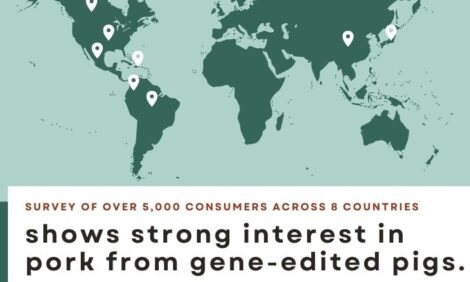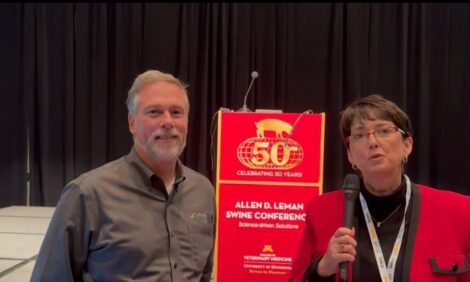



Swine fever hits Ghana's Western region
Ghana’s National Veterinary Laboratory has confirmed that tests conducted on samples taken from farms in the Western Region tested positive for African swine fever.56 pigs are reported to have died in the harbour city of Sekondi-Takoradi and the Effia-Nkwanta municipality and these deaths are now confirmed to be the result of infection with African swine fever (ASF).
The outbreak occurs just before the distribution of a sizeable number of pigs as part of the recently launched, ‘Rearing For Food and Jobs' scheme. Under this scheme the government is seeking to encourage more people to move into livestock farming.
Following the outbreak, the Regional Director of Agriculture Mr S Y Apiiga has requested that instead of pigs, sheep and goats should be sent to the region because of the outbreak.
The Head of the Takoradi Veterinary Laboratory Dr Theophilus Odoom has assured pork lovers that although ASF causes high mortality rates in pigs, it has no effect on humans.
Pork is becoming increasingly popular among Ghanaians, especially in the urban areas. In the Sekondi-Takoradi area, pork joints can be found in most popular entertainment spots, where people can enjoy pork kebabs, sausages and even pork pepper soup with their beer.
Kwame Andoh, owner of a 350-head pig farm in Axim in the Western Region, also owns a pork joint at a popular spot overlooking the Takoradi Harbour.
"Business is good", he says. He does not expect that this outbreak will cause much problems for the market. "The affected farms are very small, because they are located in densely populated parts. The large population farms are located quite some distance away from here, further north-west."
The last reported ASF outbreak in Ghana was in Cape Coast, in the Central Region, in July 2018. 898 pigs were culled in this outbreak.
The early diagnosis of the disease has been facilitated by the Accra Veterinary Laboratory, established with the support of the International Atomic Energy Agency and the Food and Agriculture Organisation (FAO). The AVL’s modern diagnostic and training facilities are also made available to other African countries.







